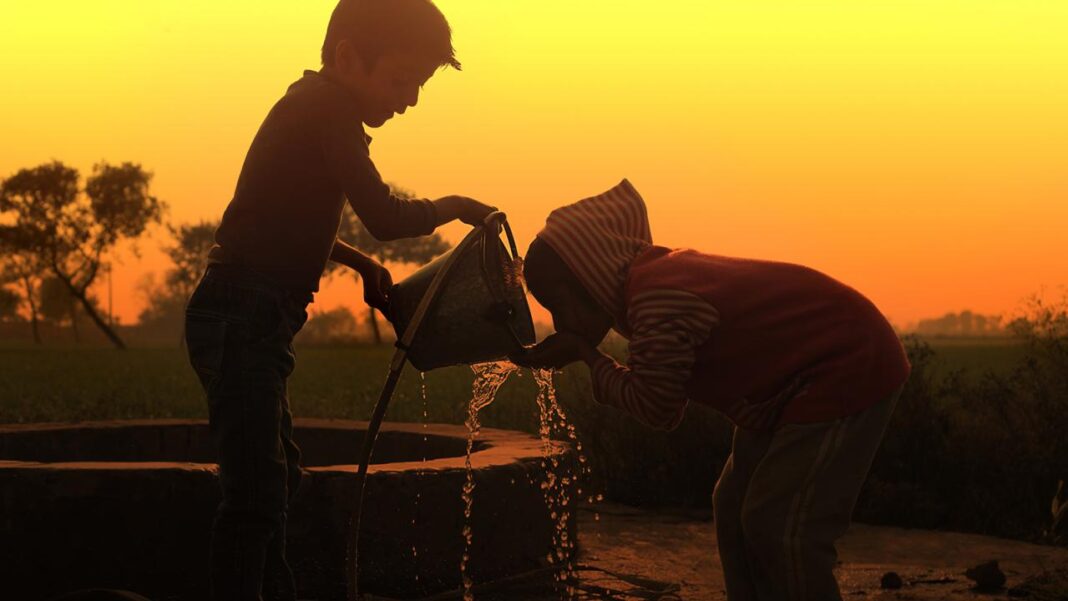Toxic metals like lead and uranium in children’s blood not only signals environmental degradation but also poses grave risks of developmental delays, neurological damage, and long-term health disorders.
Chandigarh: A pilot study has revealed alarming levels of lead and uranium contamination in the blood of children and in groundwater across Punjab’s Bathinda and Ropar districts, as well as parts of Chandigarh.
The study, conducted by Panjab University’s Geo-Environmental Research Laboratory in collaboration with Baba Farid NGO, examined 149 blood samples, 137 hair samples, and 37 groundwater samples from children aged 5–15 years. Many tested samples showed contamination far above international safety standards.
Key Findings
Lead in blood:
- 39 of 149 children (26.2%) had lead levels exceeding the WHO safe limit of 3.5 µg/dl.
- Bathinda was worst hit: 22 of 68 children (32.6%) showed unsafe levels.
Uranium in groundwater:
- All 19 Bathinda samples breached WHO uranium limits; 17 also exceeded the BIS permissible limit.
- In Ropar, 1 of 13 samples crossed both WHO and BIS standards, while five showed arsenic contamination.
- In Chandigarh, none of the five samples exceeded safe limits.
Human Rights Panel Intervention
The findings prompted the Punjab State Human Rights Commission and the UT Chandigarh Human Rights Commission to issue sweeping directions. Describing the findings as a “serious human rights violation under Article 21 of the Constitution”, commission chairperson Justice Sant Parkash said the alarming levels of contamination called for urgent and coordinated action.
Punjab Pollution Control Board has been told to inspect power plants, cement factories, and other industrial units in Bathinda and Ropar within 45 days to examine fly-ash management, water leaching, and waste disposal practices.
Why It Matters
The presence of heavy metals like lead and uranium in children’s blood not only signals environmental degradation but also poses grave risks of developmental delays, neurological damage, and long-term health disorders. Experts say coordinated action between government agencies, public health institutions, and civil society is critical to contain the crisis.




